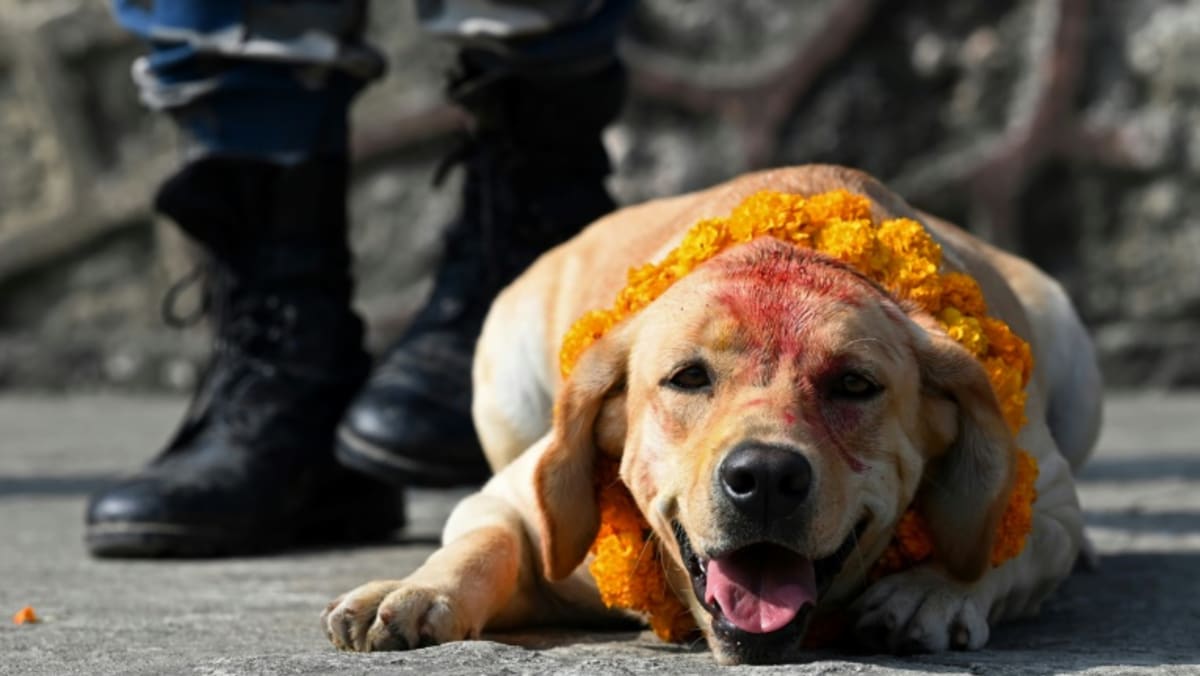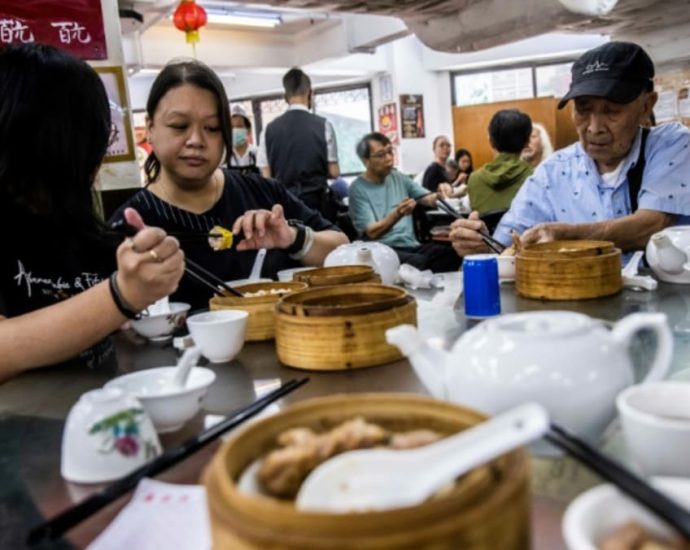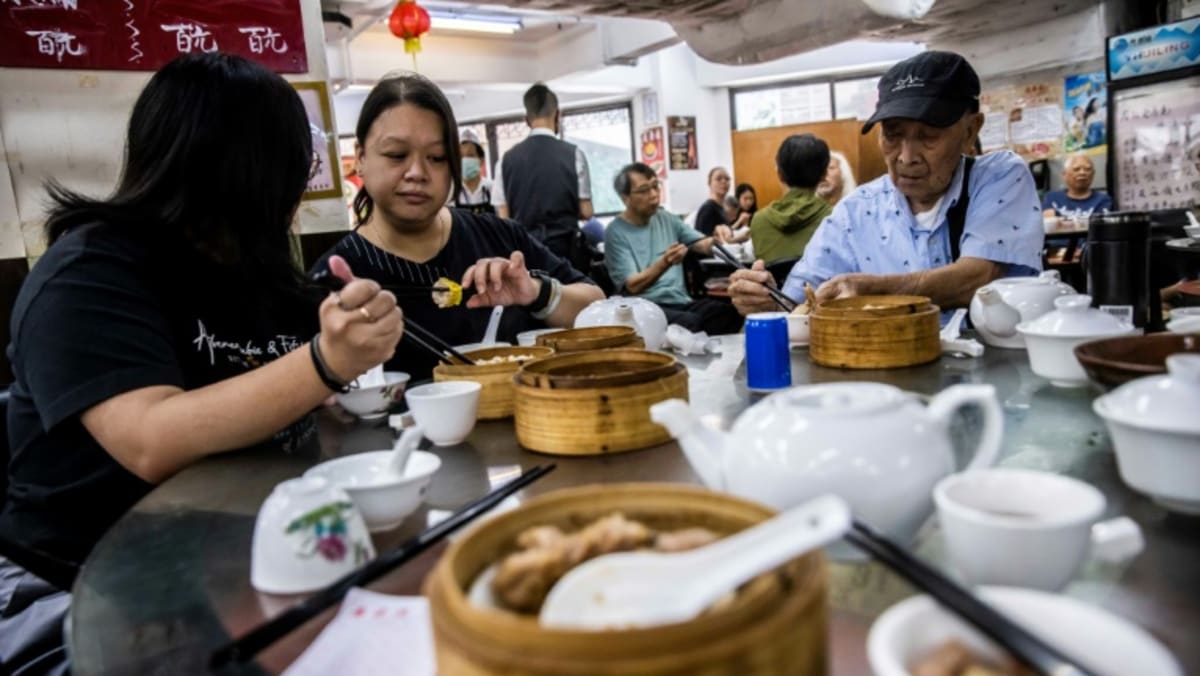Every dog has its day during Kukur Tihar, a Hindu festival for Nepal’s dogs

Dogs in Nepal were decked with marigold garlands and bright vermillion paint on Sunday (Nov 12) to celebrate a day dedicated to them as part of a Hindu festival.
Kukur Tihar, the second day of the five-day Tihar festival, is reserved for worshipping dogs as agents of Yamaraj, the god of death, and for appreciating their loyalty and companionship to humans.
Businessman Sujit Dongol, who celebrated the festival at home, told AFP that his dog was part of the family.
“He is a companion to everyone and is always happy and playful like a child,” he said, holding his one-year-old American Bully in his arms. “We feel happy worshipping a dog that lives with us.”
Dog lovers also offer treats and toys to their pets and street dogs during the celebration.
The Armed Police Force held a special ritual to honour and worship their canine force, which is often used during natural disasters and in the detection of explosives and drugs.
“It is a special day,” said Ramesh Pokharel, chief of the Animal Health and Dog Handler section of the Armed Police Force. “Our dogs have helped us a lot, so the security personnel feel happy to celebrate this.”
Inspired by Nepal’s festival, a similar annual celebration began in Mexico in 2016.
But animal welfare groups say the special treatment should not be limited to a single day and inhumane treatment towards street dogs, such as poisoning them to cull the population or to prevent rabies, must be stopped.



